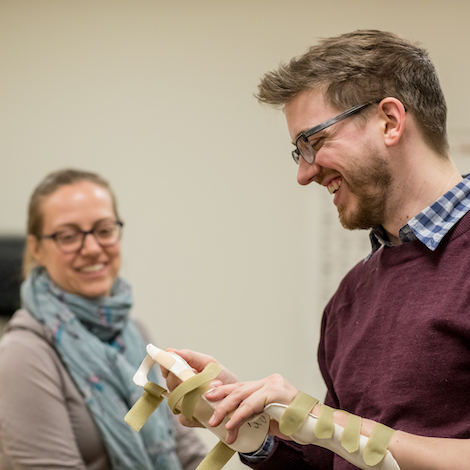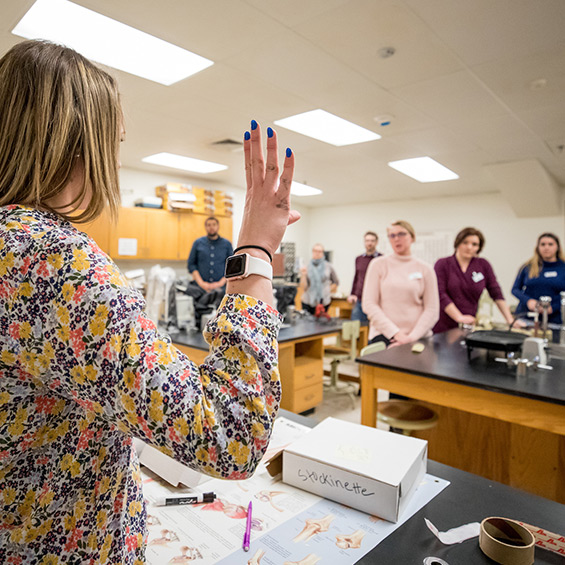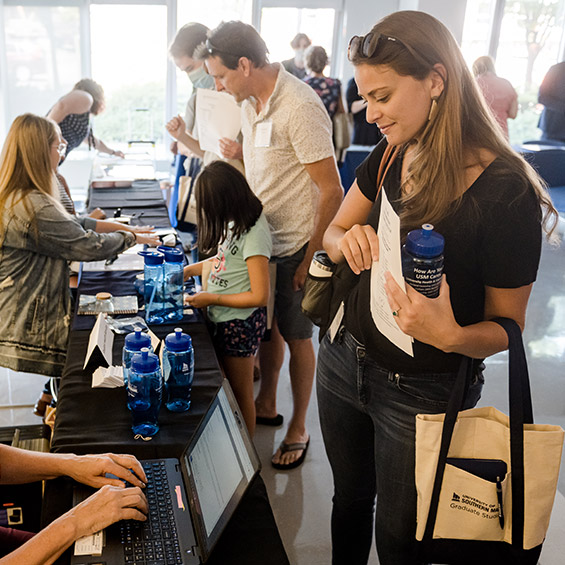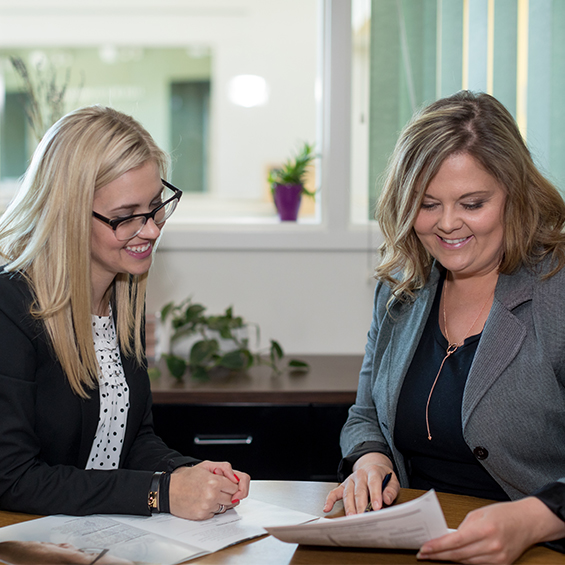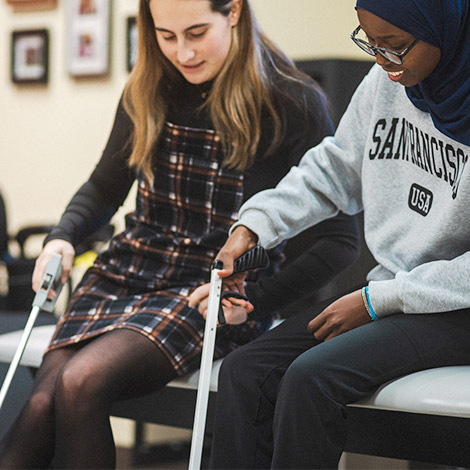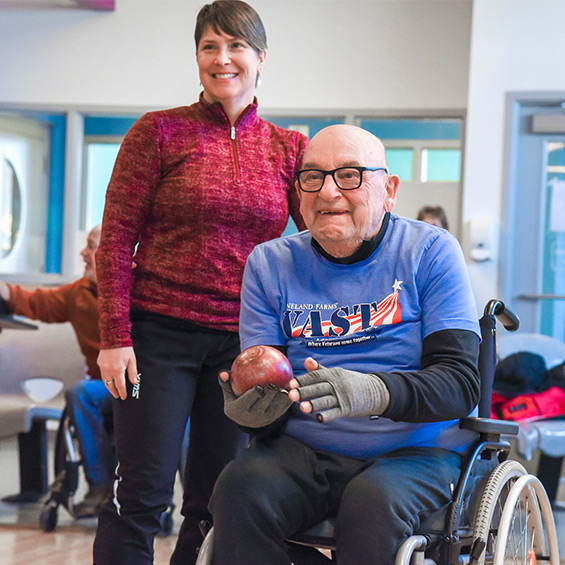Tuition & fees
Costs include tuition & fees. Out-of-state residents receive a special tuition break. See cost details
Credit hours
108 required credit hours. Most courses are equal to 3 credit hours.
Browse course list
Financial aid
Over 150 graduate assistantships available with stipend & tuition assistance, plus scholarship, fellowship & research opportunities. Explore aid
Admissions
No GRE required. Apply for fall term. View application process & deadlines
Program highlights
Expected career outcomes
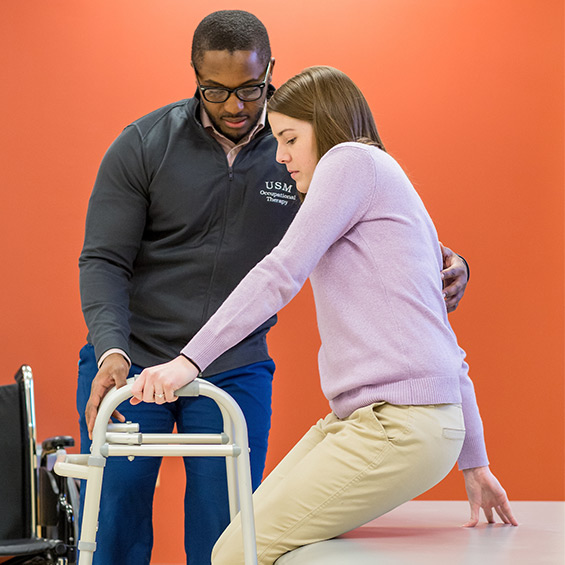
OT licensure
As a graduate of the program, you will be eligible to sit for the national certification examination administered by the National Board for Certification in Occupational Therapy (NBCOT).
Program requirements
Our program builds upon your previous education and experience by providing a course of professional study that stresses competency in practice, research, and program development, and producing ethical, evidence-based practitioners and leaders within the field.
Engaged, dedicated faculty
Our faculty are committed to the student success and offer opportunities for students to engage in their research. Faculty research areas include hoarding disorder, pediatric mental health, and the effects of sensory room use on stress in students.
Graduate student support
Our Office of Graduate Studies connects you with opportunities for professional development, scholarships, and graduate assistantships. They also foster our graduate student community through Peer Mentorship and the Graduate Student Board.
Scholarship opportunities
Scholarships offer financial aid that doesn’t need to be repaid. We encourage students in graduate degree programs to apply for scholarship opportunities.
Connect with us
Our monthly Graduate Information Sessions are an excellent way to learn more about the benefits of our program, as well as our admissions and financial processes.
Learning spaces
Our learning facilities include a dedicated pediatric clinic space which includes sensory integration equipment. We have a separate dedicated space for adults, including modalities and exercise equipment, and a lab space that includes a kitchen and bathroom for learning activities for daily living.
Hands-on learning
Engage in six months of full-time fieldwork in psychosocial, community practice, and pediatric or adult population settings. You’ll also design a capstone project in a chosen area of study that could include clinical practice skills, research skills, leadership, advocacy, education, and theory development.
Our graduate admissions counselors are here to answer your questions about the admissions process, our academic programs, and student support services.
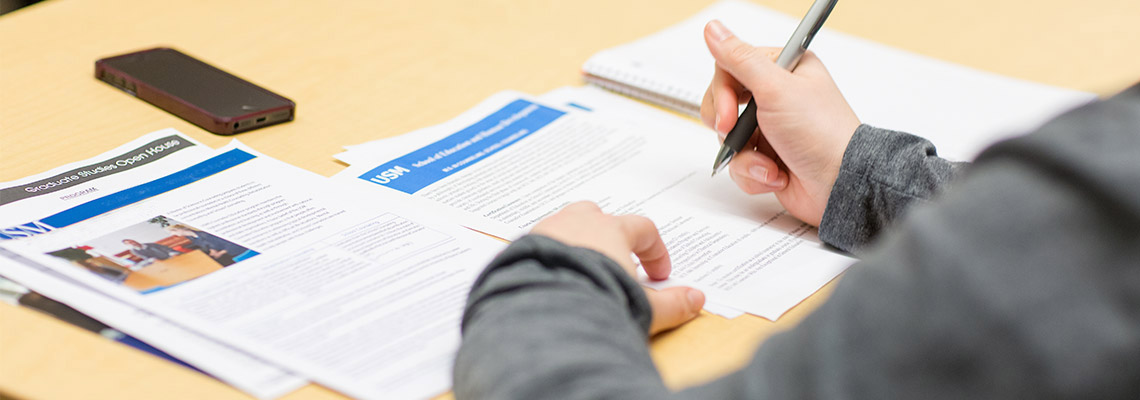
Admission information: Entry-Level Occupational Therapy Doctorate OTD
Application deadlines
We accept applications on a rolling basis and review them continuously. Qualified applicants will be contacted to interview with the faculty.
| Application deadline | Fall 2026 term start |
|---|---|
| Final | November 1 — For Accelerated Graduate Pathways (AGP) students from USM and St. Joseph’s College February 1 — For all non-AGP applicants |


